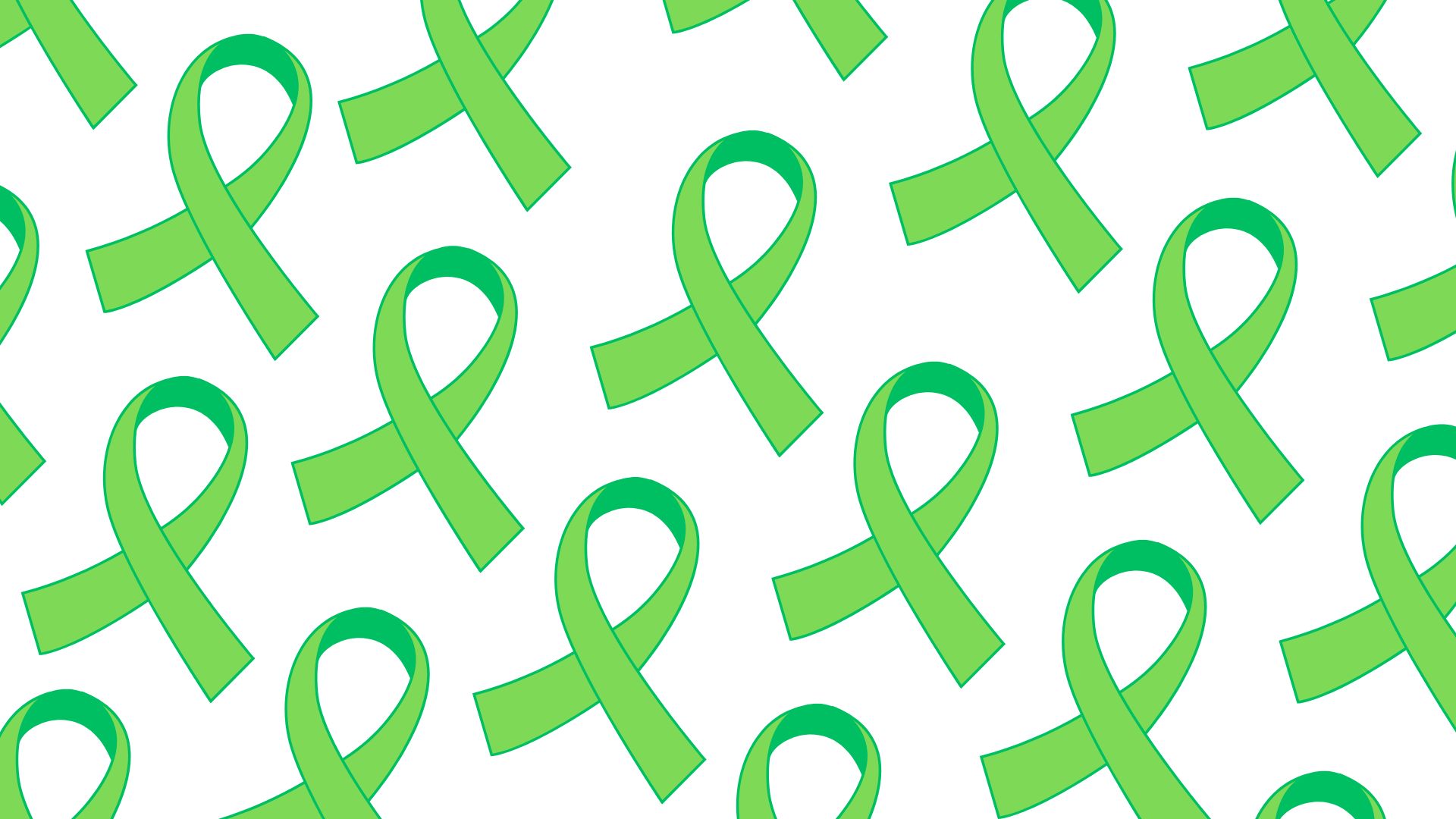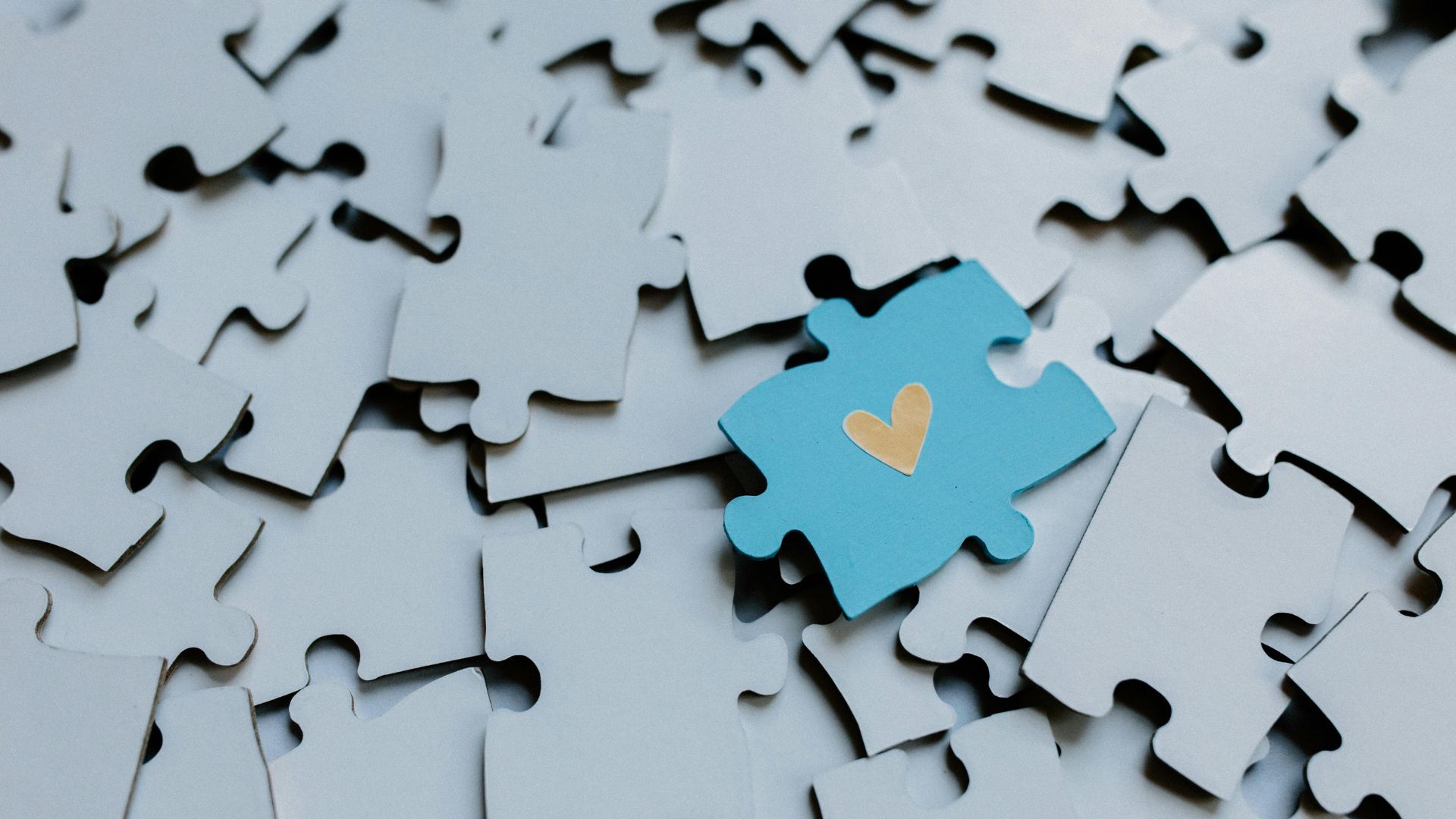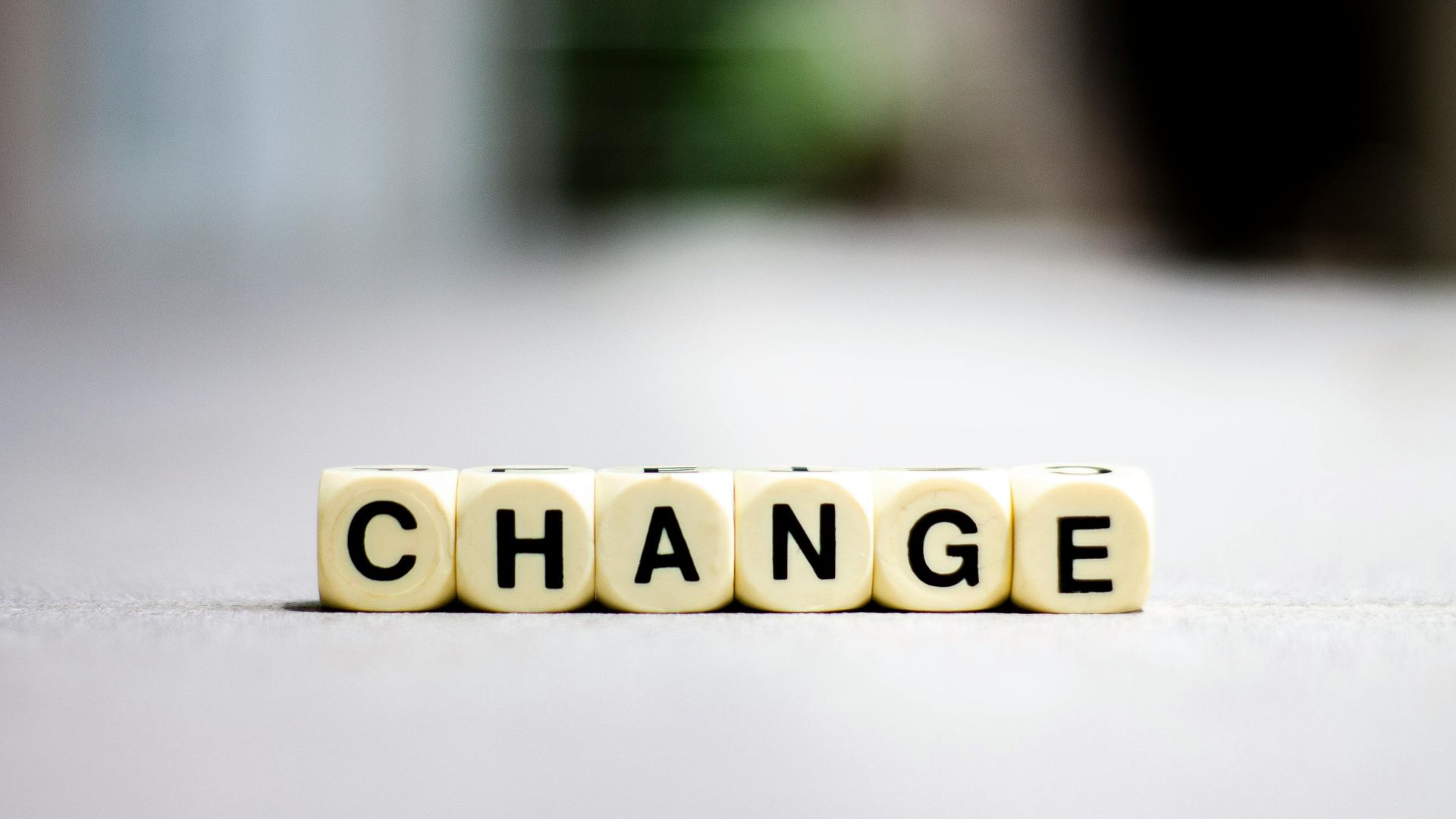Raising Awareness on Mental Health this Hispanic Heritage Month
by Tatiana Bicknell, LMSW | Sep 2023
¡Feliz mes de la herencia hispana! Or Happy Hispanic Heritage month! Hispanic Heritage month goes from September 15-October 15th, however the need for mental health awareness is all year round. Mental distress and disorders continue to rise in the Hispanic community however stigma and lack of resources have held individuals back from getting the help they need. I feel it’s important to have this conversation for my community in hopes of raising awareness of this issue.
Brief Background of Hispanic Heritage Month
Hispanic Heritage Month celebrates the contributions and influence the Hispanic community has had in the United States, along with a celebration of history and culture. This celebration initially began in 1968 as a week-long celebration starting September 15th each year. In 1989, it was declared a month-long celebration from September 15th-October 15th. September 15th is a relevant date to kick off the celebration as several Latin American countries declared independence from Spain:
- El Salvador, Guatemala, Costa Rica, Nicaragua, and Honduras on September 15
- Mexico on September 16th
- Chile on September 18th
For more information on history, please visit Hispanic Heritage Month – Origins & Facts | HISTORY
Need for Mental Health Care
Although this month is celebrating the Hispanic community, it is also about raising awareness, education and taking action. According to Mental Health America, there are several points to be made about mental health and the Hispanic community:
- Hispanic folks makeup 18.3% of the U.S. population, 16% of them have reported struggling with mental illness.
- 19% of the Hispanic population in the U.S. live in poverty.
- Immigration and acculturation are more likely to create mental distress for youth and older adults.
- Depressive episodes, suicidal thoughts/attempts, serious mental illness and substance abuse continue to rise.
- Increase of fear and trauma during anti-immigration campaigns and forced deportations, tearing families apart.
The Hispanic community faces barriers to treatment and receiving mental health care. Communication and lack of cultural competence are big issues, as there is a lack of bilingual healthcare providers which can create miscommunication and issues with understanding symptoms. Due to a high percentage of the community being in poverty, they are more likely to not have health insurance. With the cost of living continuing to rise and the ability to pay for treatment out of pocket decreases, they will try to push through mental distress on their own.
Stigma is another barrier to seeking help in the community. Seeking help creates feelings of shame, especially within the family. Hard work and sacrifice are strong values for us, and we would rather “handle it” if that means our family is taken care of, along with passing this viewpoint to the following generations. Adults will suffer in silence and will deny the need for mental health care for their children. These children will enter adolescence and adulthood with unresolved mental health issues that will impact their daily lives. Many Hispanics are also religious. This can be a great protective factor as faith and prayers keep them going. It can also be a barrier as mental illness symptoms can be looked at as sinful and demonic behavior. Mental Health America makes a strong point of encouraging religious institutions to have important conversations with their groups regarding mental health and treatment.
Advocacy Groups and Raising Awareness
The Hispanic community is in need for mental health education, awareness, and access to treatment. Hispanic Heritage Month is for celebration of culture, history, resilience, and contributions the community has brought to the United States. Along with these celebrations, let’s also give back by spreading awareness and advocating for those who cannot. Talking about the barriers of mental health treatment in Hispanic communities in schools, public events or even on social media is a great start. I plan to continue educating my family and those in my community on why mental health is important and that seeking help is okay.
As the National Alliance on Mental Health says, “we can’t just keep pretending everything is okay; we have to start talking about it”. Following advocacy groups is also a great way to stay up to date on these issues and share ways to take action. If you would like to learn more or take action, below are great resources and advocacy groups to follow!
By Tatiana Bicknell, LMSW
Latinx/Hispanic Communities and Mental Health | Mental Health America (mhanational.org)
Washington, DC | National Alliance for Hispanic Health | COVID-19 (healthyamericas.org)
MANA National (hermana.org)
National Hispanic American Heritage Month 2023 (hispanicheritagemonth.gov)
NAMI Compartiendo Esperanza: Mental Wellness in Hispanic/Latin American Community | NAMI: National Alliance on Mental Illness












